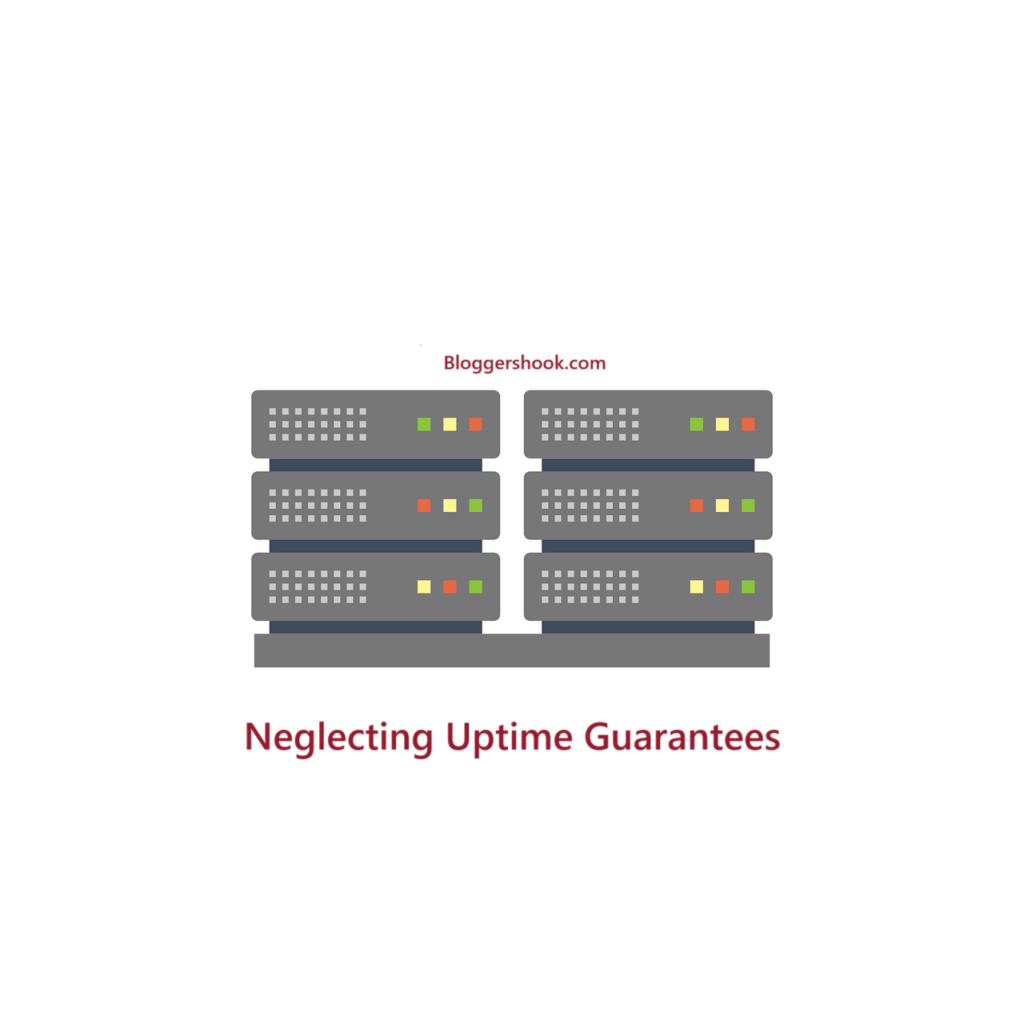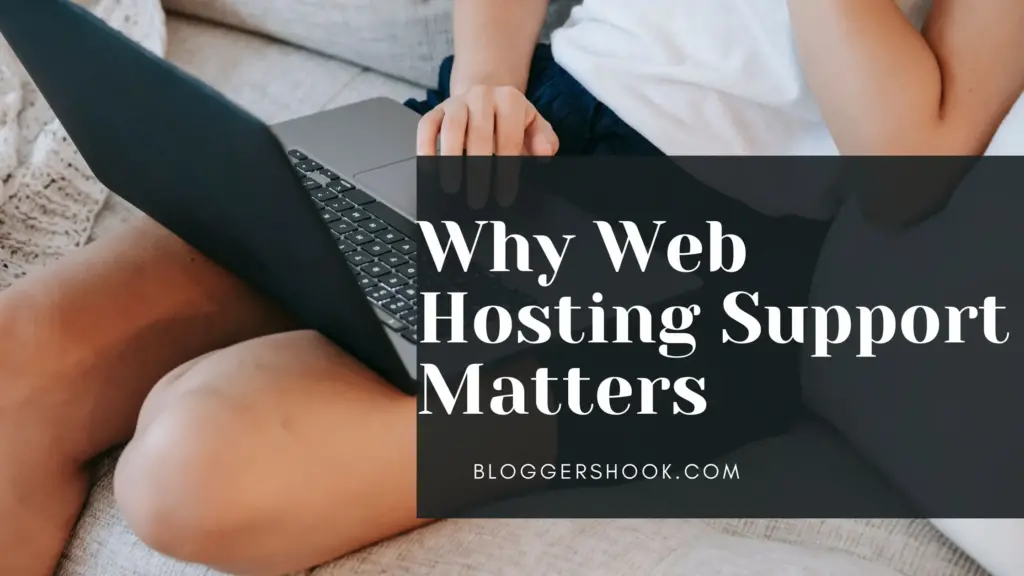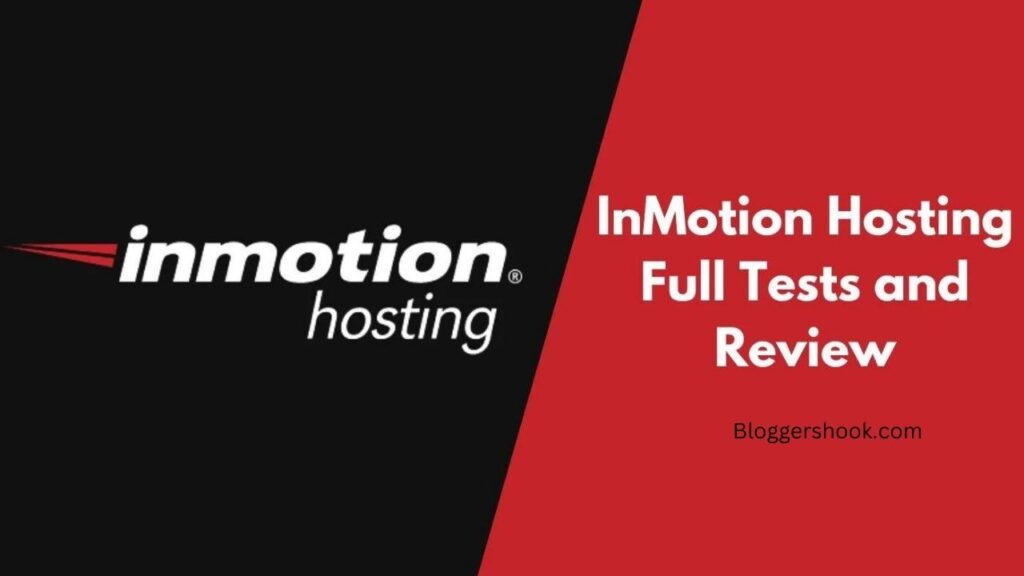In today’s digital age, having a website is crucial for any business, blogger, or entrepreneur. The foundation of any website is its web hosting service, which can make or break your online presence. However, many people make critical mistakes when choosing and managing their web hosting, leading to performance issues, security vulnerabilities, and even loss of revenue. This article explores some of the most common web hosting mistakes and offers practical advice on how to avoid them.

1. Choosing the Wrong Type of Hosting
One of the most fundamental mistakes is selecting the wrong type of hosting for your needs. The three most common types of hosting are shared, VPS (Virtual Private Server), and dedicated hosting. Each has its own benefits and drawbacks, depending on the specific requirements of your website.
- Shared Hosting: This is the most affordable option, but it means sharing server resources with other websites. It’s suitable for small websites with low traffic. However, it can lead to slow loading times if other sites on the server experience high traffic.
- VPS Hosting: VPS offers more resources and greater control than shared hosting. It’s a good middle-ground for medium-sized websites. However, it requires more technical knowledge to manage.
- Dedicated Hosting: This provides the most resources and control, as you have an entire server to yourself. It’s ideal for large websites with high traffic but comes at a much higher cost.
How to Avoid This Mistake: Before choosing a hosting plan, evaluate your website’s current and future needs. Consider factors like traffic volume, the complexity of your website, and your technical expertise. If unsure, start with a scalable option like VPS, which allows you to upgrade as your site grows.
2. Ignoring Security Features
Security is a critical aspect of web hosting that many overlook. A lack of proper security measures can lead to data breaches, malware infections, and other cyber threats that can compromise your website and its users.
Common Security Mistakes:
- Not enabling SSL certificates
- Using weak passwords or not enforcing password policies
- Failing to regularly update software and plugins
- Not investing in a web application firewall (WAF) or other security tools
How to Avoid This Mistake: Always choose a hosting provider that offers robust security features, including free SSL certificates, regular backups, and security monitoring. Implement strong password policies and keep your software up to date. Additionally, consider adding extra layers of protection like a WAF to guard against malicious attacks.
3. Overlooking Customer Support Quality
Customer support is often an afterthought for many when selecting a web host. However, the quality of support can be the difference between quickly resolving an issue and experiencing prolonged downtime, which can damage your reputation and revenue.
Common Customer Support Mistakes:
- Choosing a hosting provider with limited support hours
- Opting for providers that only offer email or ticket-based support with long response times
- Not considering the technical expertise of the support team
How to Avoid This Mistake: Research the customer support options offered by potential hosting providers. Look for 24/7 support through multiple channels such as live chat, phone, and email. Read reviews and testimonials to gauge the responsiveness and expertise of the support team. Having a knowledgeable support team available at all times can save you from significant headaches down the line.
4. Focusing Solely on Cost
While cost is an important factor, choosing a hosting provider based solely on price can lead to problems. Cheap hosting options may lack essential features, offer poor performance, or have hidden costs that emerge later.
Common Cost-Related Mistakes:
- Selecting the cheapest plan without considering the features you need
- Falling for low introductory rates that increase significantly upon renewal
- Not accounting for the cost of add-ons like backups, security, or additional storage
How to Avoid This Mistake: Consider the value provided by the hosting plan rather than just the price. Compare the features, performance, and support offered by different providers. Be wary of plans with extremely low prices and always check the renewal rates. It’s often worth paying a bit more for a reliable and feature-rich hosting plan that meets your needs.

5. Neglecting Uptime Guarantees
Uptime refers to the amount of time your website is accessible to visitors. Downtime can lead to lost revenue, especially for e-commerce sites, and can harm your search engine rankings.
Common Uptime-Related Mistakes:
- Not checking the hosting provider’s uptime guarantee
- Assuming all hosting providers offer the same level of uptime
- Failing to monitor your site’s uptime after choosing a host
How to Avoid This Mistake: Choose a hosting provider that offers at least a 99.9% uptime guarantee. Read the fine print to understand what compensation, if any, is provided if this guarantee is not met. Additionally, use third-party tools to monitor your site’s uptime and address any issues promptly with your hosting provider.
6. Not Planning for Scalability
As your website grows, so will its resource needs. A common mistake is choosing a hosting plan that doesn’t allow for easy scaling, leading to performance bottlenecks or the need for a complex migration to a new host.
Common Scalability Mistakes:
- Starting with a shared hosting plan that cannot handle increased traffic
- Not considering the potential for growth in your hosting plan
- Waiting until your site experiences problems before upgrading
How to Avoid This Mistake: Choose a hosting provider that offers easy scalability options. Start with a plan that meets your current needs but can be easily upgraded as your site grows. Regularly assess your website’s performance and resource usage, and upgrade before you start experiencing issues.
7. Failing to Backup Regularly
Regular backups are essential to protect your data from loss due to hardware failures, cyberattacks, or human error. Unfortunately, many website owners fail to implement a robust backup strategy.
Common Backup Mistakes:
- Relying solely on your hosting provider’s backups
- Not setting up automated backups
- Failing to store backups in multiple locations
How to Avoid This Mistake: Implement a comprehensive backup strategy that includes automated backups and stores copies in multiple locations (e.g., locally and in the cloud). Don’t rely solely on your hosting provider’s backups, as they may not be sufficient in case of a disaster. Regularly test your backups to ensure they can be restored if needed.
8. Overlooking Performance Optimization
Website performance directly impacts user experience and search engine rankings. A slow-loading website can lead to higher bounce rates and lower conversions, yet many site owners neglect performance optimization.
Common Performance Mistakes:
- Not using a content delivery network (CDN)
- Failing to optimize images and other media
- Overloading the site with unnecessary plugins or features
How to Avoid This Mistake: Use a CDN to deliver content faster to users around the world. Optimize images and other media to reduce loading times. Limit the use of plugins and features to only those that are necessary for your site’s functionality. Regularly test your site’s performance using tools like Google PageSpeed Insights and address any issues that arise.
9. Ignoring Terms of Service and Usage Policies
Many website owners skip reading the terms of service and usage policies when signing up for a hosting plan. This can lead to unexpected issues, such as account suspension or additional fees.
Common Terms of Service Mistakes:
- Not understanding resource usage limits
- Overlooking data transfer or storage limits
- Ignoring restrictions on certain types of content or activities
How to Avoid This Mistake: Take the time to read and understand the terms of service and usage policies of your hosting provider. Pay attention to any limitations on resource usage, data transfer, and storage. Ensure that your website’s content and activities comply with the hosting provider’s rules to avoid any disruptions.
10. Not Conducting Regular Site Audits
Regular site audits are essential to ensure your website is functioning optimally and securely. However, many website owners neglect this crucial task, leading to unnoticed issues that can affect performance, security, and user experience.
Common Audit Mistakes:
- Only conducting audits when something goes wrong
- Focusing solely on content and neglecting technical aspects
- Not addressing issues identified in audits
How to Avoid This Mistake: Schedule regular audits to review your website’s performance, security, and overall health. Use tools to check for broken links, outdated plugins, and security vulnerabilities. Address any issues promptly to keep your site running smoothly and securely.
Conclusion
Avoiding common web hosting mistakes can save you time, money, and frustration. By carefully selecting the right hosting plan, prioritizing security, ensuring scalability, and regularly maintaining your website, you can create a stable and successful online presence. Take the time to research your options and invest in a hosting solution that meets your needs both now and in the future.


